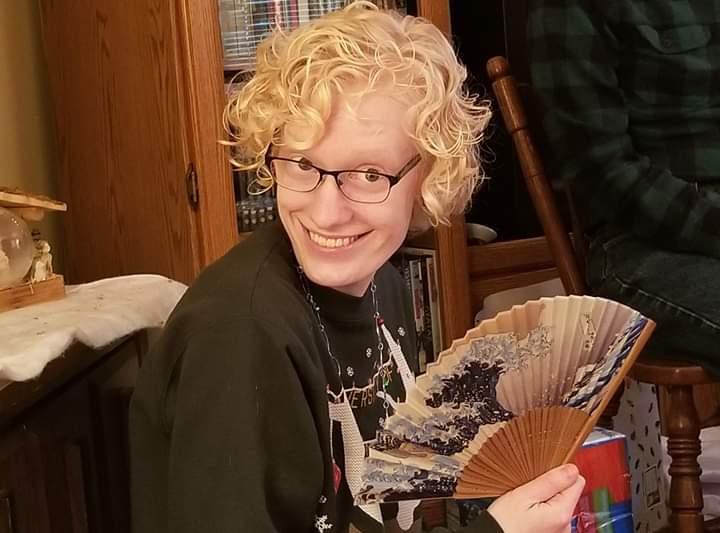Borderline Personality Disorder (BPD)
By: Rachel

A year-and-a-half ago, I started Dialectical Behavior Therapy and was newly diagnosed with Borderline Personality Disorder.
Some people comment to me that they don’t know what the point of blogging is, and why share something personal with the whole world?
I respect the privacy of people who don’t want to share. The reason I choose to share, even when it feels uncomfortable, is that I hope I can help other people be more open and not ashamed of having disabilities. The more something gets talked about, the more normalized it is, and maybe the less stigma it has.
So, 1 1/2 years ago, I started Dialectical Behavior Therapy (DBT). Borderline Personality Disorder (BPD) is an extremely misunderstood disorder. It’s portrayed on movies as making people crazy psychopaths whose one goal in life is to come out on top and ruin everyone else on the way. There’s books out there with titles like, “Stop Walking on Eggshells: Taking Your Life Back when Someone You Care About has BPD,” “Stop Caretaking the Borderline or the Narcissist,” and “Narsistic Borderline Relationship: Stop Killing One Another, Start Living.” I’ve even had classes where the professor said that “Borderlines just want to ruin your day.”
Ouch.
I’ve also read blogs that made more sense to me, in which the person said that people with BPD are some of the most caring people you’ll meet because the extremety of the emotions causes empathy– we’ve felt it all!
So which is it? What is it? There’s probably a spectrum to everything, and I really don’t think of myself as a “crazy narcissistic borderline.” I think I have some common symptoms– Lots of emotions that are hard to regulate, some relationship trouble, and co-occuring disorders like depression, anxiety, etc. These things have all been getting better through DBT, which is widely known as the overall most effective treatment of the disorder. People I know have commented on my improvement. The key is to go to counseling and get treatment.
Part of the problem is difficulty reading social cues sometimes, so I might not react appropriately all the time. I also have a huge fear of abandonment, which is common for BPD, so I have to remind myself probably daily to not act that way, which pushes people away. It doesn’t help that I actually have been abandoned sometimes and can’t always tell the difference between being abandoned and life moving on.
Hopefully this post makes BPD a little less scary and a little more easy to talk about. And try to remember that once you have a friend with a given disability, that disability becomes less scary, and the person seems like just a person with a full life. Let me know if you have questions!




Beautiful, honest and important post. Thank you, Rachel.